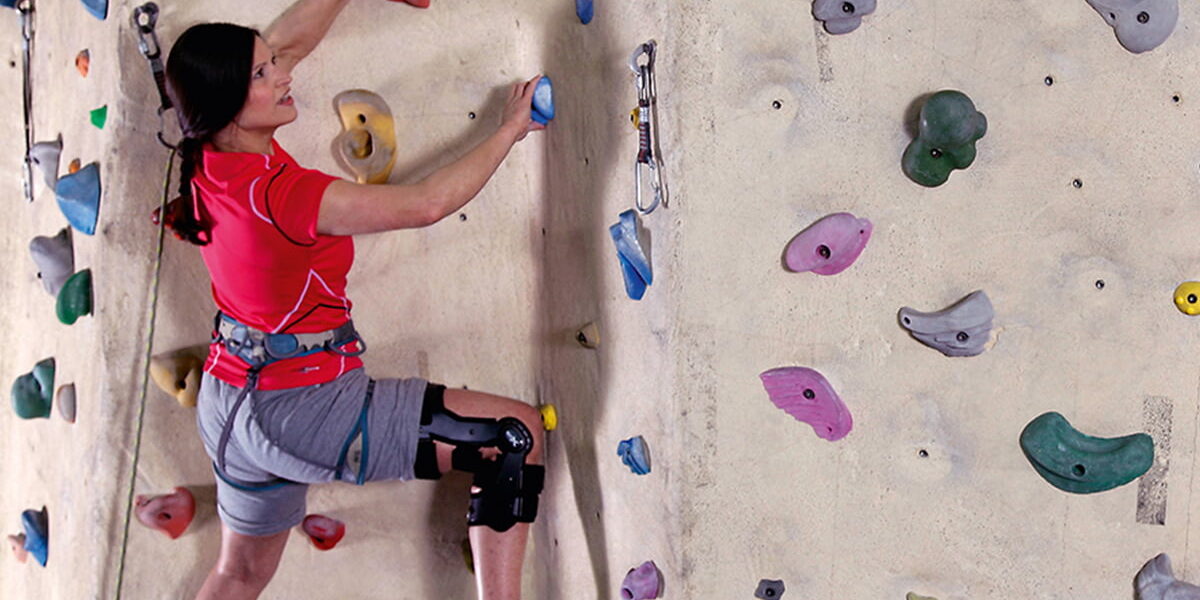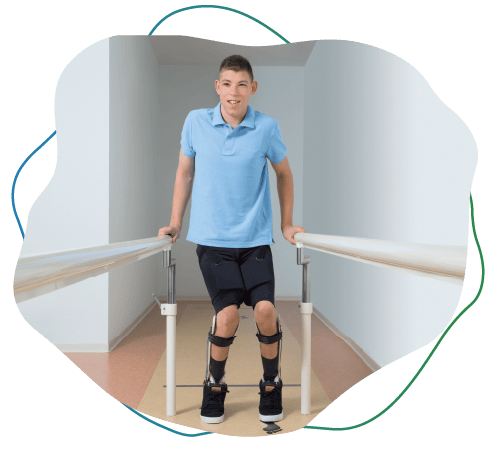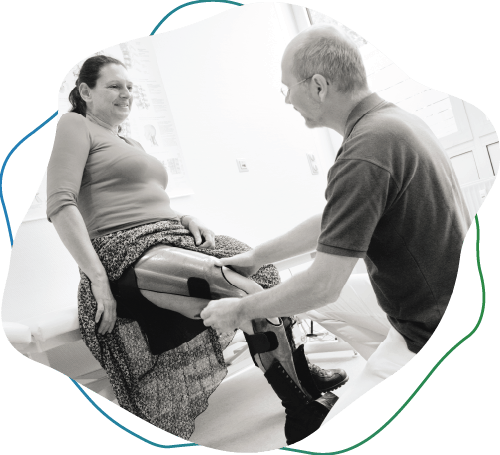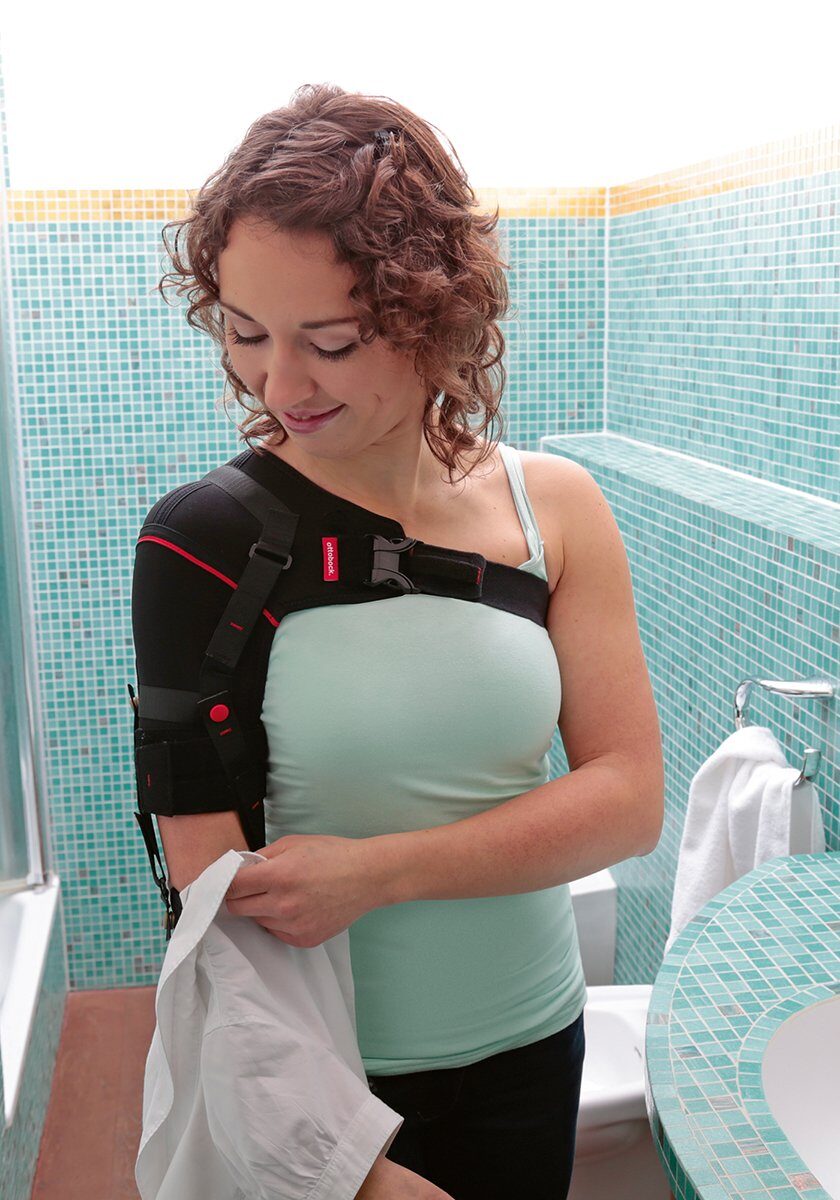About OAPO
ONTARIO ASSOCIATION OF PROSTHETICS AND ORTHOTICS
The Ontario Association of Prosthetics and Orthotics (OAPO) is a not-for-profit professional association that represents the interests of Certified Orthotists, Certified Prosthetists and Registered Orthotic and Prosthetic Technicians. The OAPO supports the development and furtherance of the prosthetic and orthotic professions in the province of Ontario through our mission - Serve, Advocate, Advance.


OAPO EXECUTIVE DIRECTORS
Andrew Lok, CO(c)
Join OAPO Committees
to Shape the Heartbeat of Our Organization!
Volunteers are the lifeblood of this organization and OAPO is always in need of willing hands to keep the business of the organization in order. All Full Members are encouraged to volunteer on a committee. The OAPO standing committees are required as part of governance of the organization and include Finance, Governance, Communications and Education. Each must be chaired by a member of the executive. Nonstanding committees (Advocacy, NIHB, OW/ODSP and others) are also necessary when circumstances dictate involvement.

Finance
The Finance Committee of OAPO provides financial oversight to the association. This committee regularly reviews the current income and expenses of OAPO, determines the financial position for strategic planning, reviews all budgets and recommends appropriate allocation of funds. It also makes recommendations related to the financial position of OAPO.
Governance
Education and orientation of board members is one of the keys to maintaining a productive and well-functioning Board of Directors. The Governance Committee ensures that the OAPO Board of Directors acts in alignment with all official governing documents. The Governance Committee regularly reviews and updates all official OAPO documents. The committee guides board policies and ensures that a professional code of conduct is maintained.
Communications
The role of the Communications Committee is to formalize and disseminate messages that succinctly capture the mission, vision and strategic plan of OAPO. In addition, the Communication Committee represents the conduit through which the Membership can effectively and efficiently communicate with the OAPO Board of Directors.
Education
The role of the Education Committee is to create opportunities for professional development for OAPO members. This is accomplished by partnering with businesses to learn about new products, supporting conferences such as the ISPO Canada symposium when it is held in Ontario, and hosting independent meetings and workshops.
Who We Are

Members of the Ontario Association of Prosthetics and Orthotics are certified or registered by the Canadian Board for Certification of Prosthetists and Orthotists. This board is registered under the national governing body, Orthotics Prosthetics Canada (OPC). Certified Orthotists and Prosthetists are the only health care professionals in Ontario that are recognised by the provincial funding agency called the Assistive Devices Program (ADP) to provide custom orthotic and prosthetic treatments to patients.
Standards
OAPO Members respect and adhere to standards that have been set nationally and internationally by the following organizations:
ISPO Canada (International Society for Prosthetics and Othotics Canada)
ISPO International (International Society for Prosthetics and Orthotics)
WHO (World Health Organization) Standards for Prosthetics and Orthotics Service Provision
Education and Credentialing
Certified Orthotists and Certified Prosthetists entering the field today must have completed an undergraduate degree and have graduated from an Orthotics Prosthetics Canada (OPC) accredited Canadian Clinical Orthotic and Prosthetic School Program, before starting a supervised residency with a certified clinician. When the residency has been completed, each clinical candidate must pass a written exam and an Objective Structured Clinical Exam (OSCE) before being able to use the title Certified Orthotist CO(c), Certified Prosthetist CP(c) or Certified Prosthetist Orthotist CPO(c).
Our certified professionals rise to the challenge of providing a treatment which suits an individual's specific needs. This is achieved through blending scientific evidence, leading edge technology, clinical experience and creativity, to produce a unique design for each patient. Certified Prosthetists and Orthotists work closely with other healthcare providers to ensure that every patient receives optimal care.
The provision of care by Certified Prosthetists and Orthotists includes:
For a complete list of prosthetic and orthotic treatment procedures, please refer to the Compendium for Prosthetic and Orthotic Treatment

Funding of Orthotic and Prosthetic Treatments
The main source of funding for prosthetic and orthotic treatments in Ontario comes from the Assistive Devices Program (ADP). This program is funded through the Ontario Ministry of Health and Long Term Care. It is designed to provide basic treatments to all Ontarians who have a health card. Your Certified Orthotist or Certified Prosthetist will help you apply for this funding.
If a patient qualifies, other sources of funding include benefits through various social programs (Assistance for Children with Severe Disabilities (ACSD), Ontario Disability Support Program (ODSP), Ontario Works (OW)), Veterans Affairs Canada (VAC), Workplace Safety Insurance Board (WSIB), Non-Insured Health Benefits (NIHB), War Amps of Canada and private extended health insurance.
